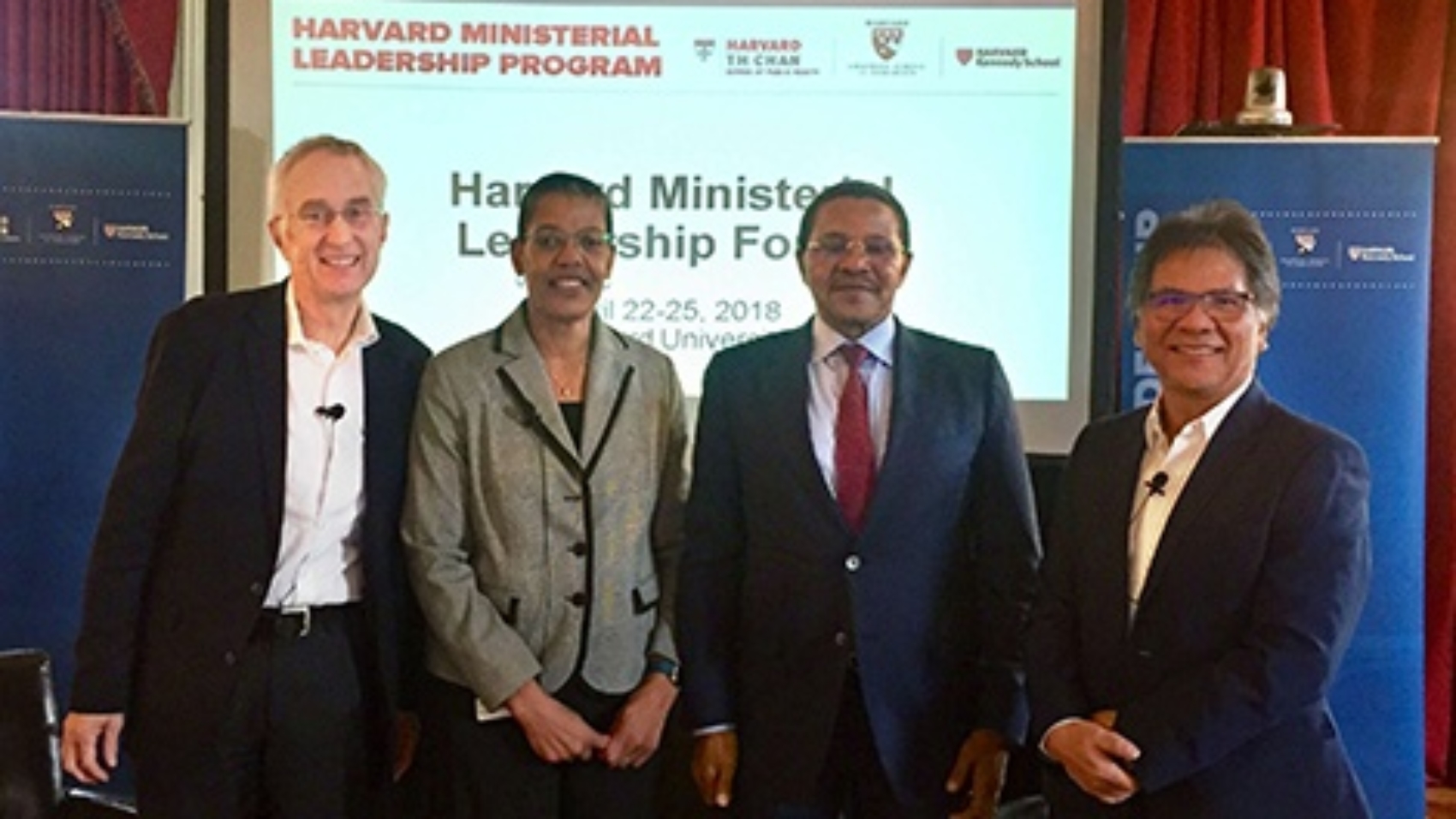Although Barbados has not been hit by any major hurricanes so far this Altantic season, the head of this country’s private sector today complained that the country was effectively on pause, with the Freundel Stuart administration seemingly on “hurricane watch”.
Chairman of the Barbados Private Sector Association (BPSA) Charles Herbert levelled the charge while addressing the umbrella Congress of Trade Unions and Staff Associations of Barbados’ (CTUSAB) Midterm Delegates’ Conference at Courtyard by Marriott.
He explained that it had been two months since the island’s major trade unions and over 20,000 of their constituent members joined with the BPSA in staging “the largest protest ever seen in Barbados” with a view to having meaningful economic dialogue with Government on averting a possible national financial crisis.
The demand came in the face of Government’s introduction of a $542 million tax package that was aimed at closing a $537 million fiscal deficit.
However, the Stuart administration has been under pressure from opposition parties, trade unions, the business community as well as ordinary residents to roll back an increase in the National Social Responsibility Levy (NSRL), which moved from two per cent to ten per cent on July 1.
But while lamenting that no firm action had been taken since then, Herbert today warned that major disaster was indeed imminent, but not of the form that Barbadians were expecting.
“We huddle in small groups around our radios for the next update to see if ‘God is still a Bajan’ and the hurricane will once again turn north and spare Barbados from its worst.
“However, comrades, this financial hurricane is not an act of God, but is subject to our control through united action and intervention,” Herbert warned, adding that “we do not have to sit startled in the headlights until we are struck”.
The private sector spokesman recalled that Jamaica and Grenada faced similar crises over the past four to six years, but said unlike Barbados, their leaders had decided to act. As a result, he said both countries had reported progress and were able to raise hopes as a result of united and affirmative domestic action.
Herbert, who participated in this week’s Caribbean Leadership and Transformational Forum, which was hosted here by the Caribbean Development Bank, noted that the focus was on how aspirational policies could be translated into action and results.
At that meeting, Herbert said he was privileged to hear former Malaysia cabinet minister Dato Sri Idris Jala speak on how he assisted his government in turning policies into action, resulting in the creation of over two million new jobs, a dramatic reduction in poverty and expansion of private sector investment — all resulting in the gradual reduction of fiscal deficits and national debt.
Herbert also pointed out that Jala, who served as the chief executive officer of his country’s Performance Management and Delivery Unit from 2009 until 2015, had assisted several other countries in the implementation and delivery of their transformational policies while suggesting that Barbados could do with such expertise.
“Jala is in Barbados because his team is available to work with Barbados and other Caribbean nations that have the courage to embrace a call to action and transformation. I found Jala to be inspirational and his methods to be sound and proven. I hope that Barbados will seize this opportunity and embrace this call,” the business leader said.
He recalled that when Barbados faced a similar financial crisis in the early 1990s the Government of the day had collaborated with the social partners and averted a financial crisis, adding that the country went forward to enjoy a period of growth and prosperity.
However, comparing yesteryear and today, Herbert lamented that “the [current] Social Partnership so far has failed to find the cohesion that it did in the 1990s to unite the social partners in an agreed set of policies, designed to avert the crisis and set us back on a prosperous path”.
Just yesterday, Minister of Finance Chris Sinckler suggested that Barbadians had a lot to be thankful for, not because God is a Bajan, but because they did not have to suffer the “sheer misery” others were experiencing as a result of Hurricanes Irma and Maria which have devastated several countries in the northern Caribbean leaving a trail of suffering and deaths.
At the same time, Sinckler defended his most recent tax package which was announced in his May 30 Budget.
In fact, he suggested that the taxes were necessary in order to provide services, including sanitation and public transportation, which is provided free of charge to students.
“Nobody likes to pay taxes. I don’t like to pay taxes myself, but I have to pay them because it is important for the development of the country,” he said in light of the NSRL hike, as well as increases in the excise duties on fuel, as well as a new two per cent tax on all foreign exchange transactions.
by Neville Clarke
Source: Barbados Today
Read the original article here.
